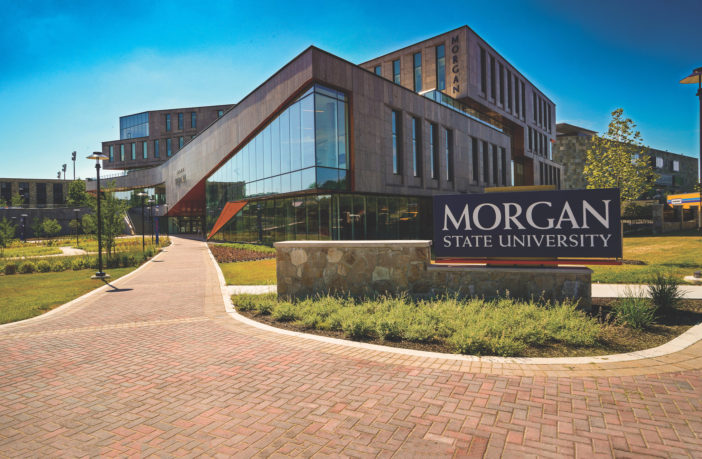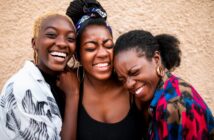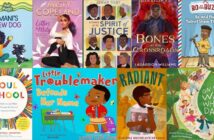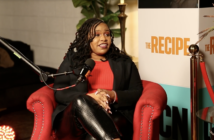By ReShonda Tate,
Defender Network
Historically Black colleges and universities (HBCUs) are increasing their enrollments at a time when many other institutions of higher learning are seeing a decline in their number of students.
According to a news report from the National Student Clearinghouse Research Center, college and university enrollment has declined for the third straight year. Undergraduate enrollment is approximately 7 percent lower than it was in the fall of 2019 before the coronavirus pandemic. The report also found that undergraduate enrollment has dipped by more than one person since the fall of 2021. The decline was even higher than the previous year at around three percent.
However, for many HBCUs, enrollment has increased significantly. According to the National Center for Education Statistics, the percentage of Black students enrolled at HBCUs increased from 8 percent to 9 percent from 2014 to 2020. Schools like Morehouse College, Morgan State University and Howard University have even seen increases as high as 60 percent in undergraduate applications.
“This is a generation that grew up with a Black president. They have gone through some of this social unrest following the murder of George Floyd and kind of the movement around Black lives,” Spelman College President, Dr. Helene Gayle, told NPR. “Young people are choosing to be in a place that nurtures them, that recognizes who they are in the world, and really thinks about how they can make this generation of young Black people succeed.”
Morgan State University Marching Band, the Magnificent Marching Machine. (Courtesy photo)
While there is an undeniable increase in interest in HBCUs, these institutions are still struggling with issues that are unique in comparison to their predominantly White institution (PWI) counterparts. This is largely due to being massively underfunded for decades and being provided limited exposure to resources and opportunities.
“We punch so well above our weight when we think about what we’re able to turn out with fewer resources than many of our peer majority institutions,” said Gayle.
HBCUs have been some of the main catalysts in creating Black advancement and creating opportunities for young Black leaders. For former Morehouse President John Wilson, the uptick in enrollment is not surprising. In elevated racial climates, HBCUs become more appealing.
“We have seen it come and go in cycles,” Wilson told NPR. “You go back to the 1980s, when Ronald Reagan took office, there was a national climate that was more racially hostile.”

Enrollment numbers are huge for HBCUs because they do not have the same level of endowments that many PWIs have to fall back on. Oftentimes, these schools are put in challenging financial positions because of this.
“The ideal is for HBCUs to be in charge of their own magnetism, not to be subject to the whims of the marketplace, but to control your own destiny,” said Wilson.
In an era where the country is investing heavily in HBCUs, Black colleges have a prime opportunity to help transform their students’ futures.
This post was originally published on Defender Network.



